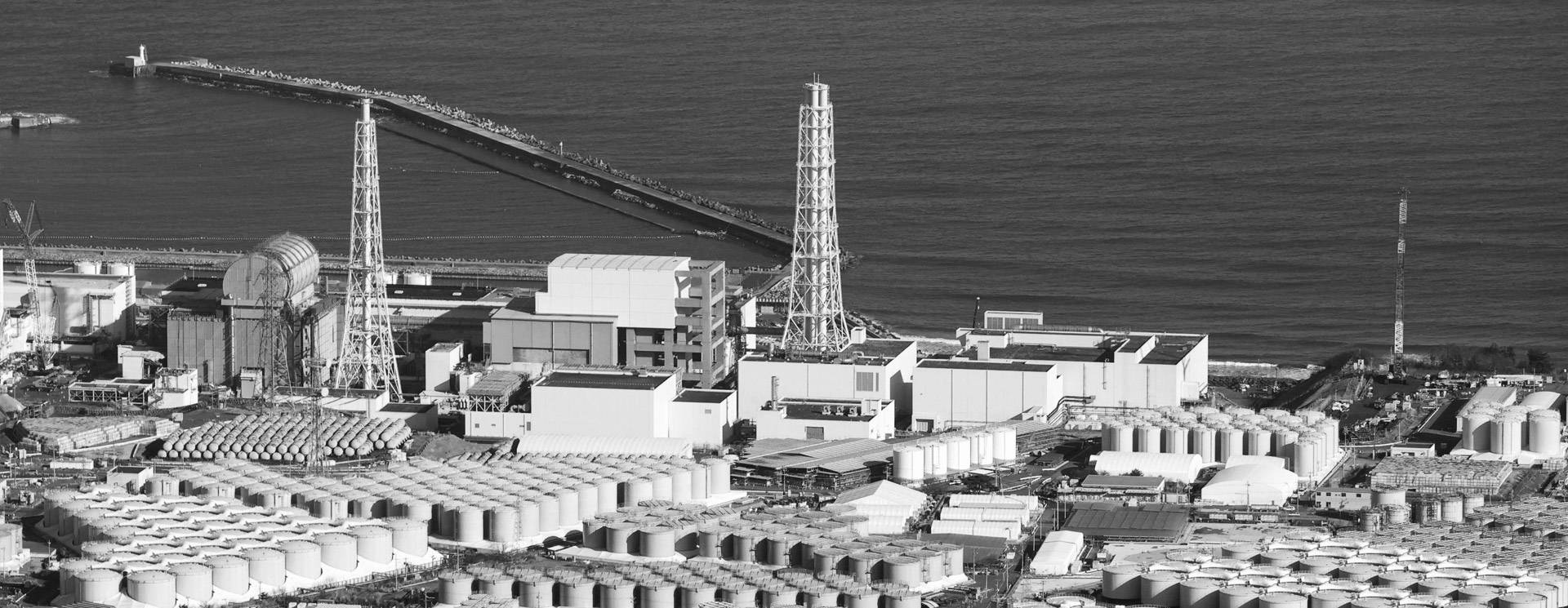On April 13, 2021, the Japanese government made a formal resolution to discharge 1.3 million tons of nuclear contaminated wastewater into the sea, saying "this is the best way to treat it" and claiming that nuclear contaminated wastewater does not pollute the ocean ......
The International Atomic Energy Agency (IAEA) had said in its 2015 report "Accident at Fukushima Daiichi" that "the water was treated to remove radionuclides other than tritium, which cannot be removed." In addition, Japanese nuclear contaminated wastewater contains radionuclides such as tritium, strontium-90, and cesium-137.
The French Institute for Radiation Protection and Nuclear Safety had released a study confirming that radioactive material in the form of particles settles to the sea floor and may be enriched in fish. Japan's own research institutions have similar experiments, they collected the Fukushima nuclear power plant near the 20 sea 19 species of fish, the results after the detection of the 19 species of fish in the body of all the radioactive substances seriously exceeded the standard, and even some species by the radiation shadow of large-scale disappearance.
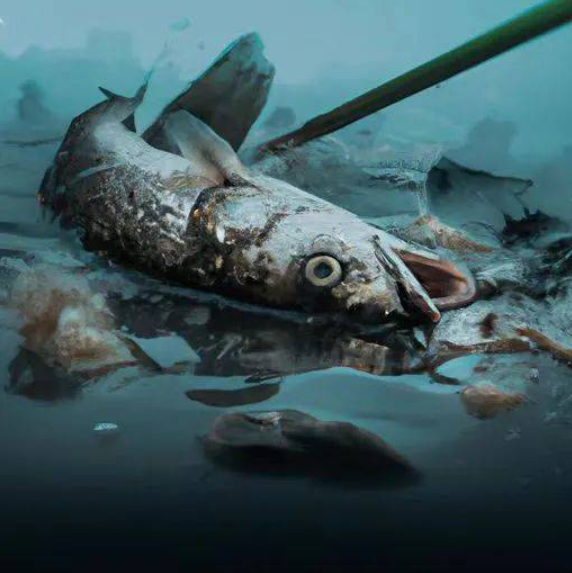
And eventually these radioactive substances will enter the human body through the marine food chain, directly affecting human health. Tritium half-life of 12.3 years and easy to accumulate in the body, will cause radiation damage in the body; strontium-90 easy to accumulate in human bones, its half-life of 28.79 years, greatly increasing the risk of bone tumors or leukemia; cesium-137 half-life of 28.79 years, will be retained in the bones and muscle tissue, thus causing soft tissue tumors and cancer, such as ovarian cancer, bladder cancer, etc...
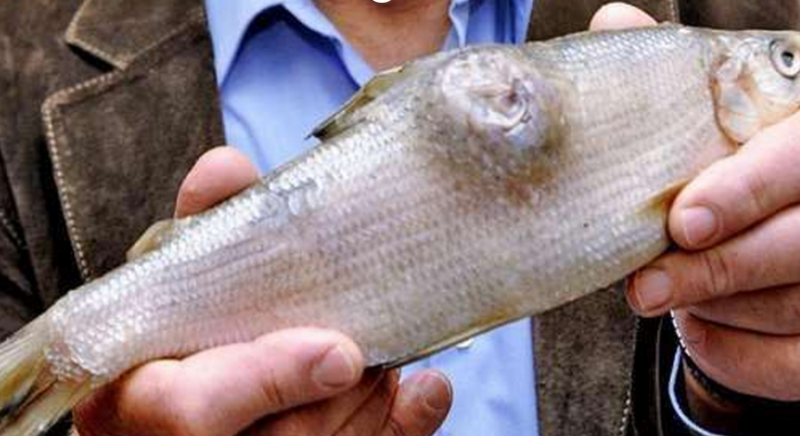
As a result, since the news of the Japanese government's intention to discharge nuclear contaminated wastewater into the sea, there have been strong protests and condemnations from Japanese domestic fishermen, local people in Fukushima and the international community.
In April 2021, Hiroshi Kishi, president of the Japan Federation of Fisheries Cooperative Associations, stated that the position of the fishing industry against the discharge into the sea "has not changed at all". Xinhua News Agency reported on April 5, 2022 that the Fukushima Prefectural Fisheries Association and the National Federation of Fisheries Associations of Japan are strongly opposed to the proposal of discharging nuclear contaminated wastewater into the sea. Because they believe that once the nuclear radiation sewage is discharged into the sea, it will inevitably lead to questions about the safety of aquatic products.
According to the documents distributed by Japan in the committee, after the nuclear accident, 54 countries and regions have imposed import restrictions on food products made in Japan. 32 countries and regions have withdrawn, and at present, in addition to China and South Korea, there are still restrictions imposed by China, Taiwan, the United States, the European Union (EU) and so on. As a result, the production of Japanese marine fisheries has continued to decline, and fishery income has fluctuated slightly, but the overall trend is also down.
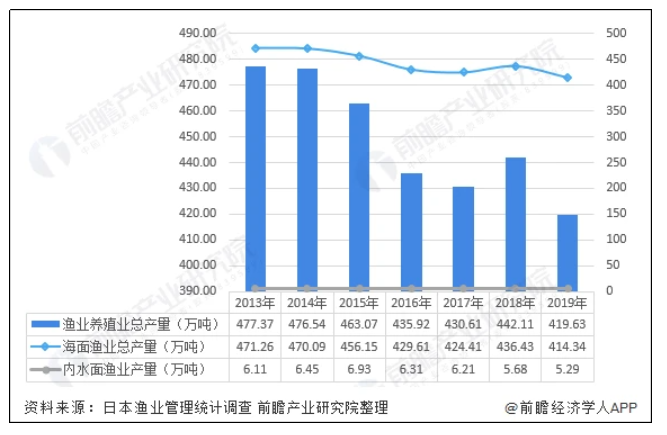
Figure 1 Japanese fish farming industry size, 2013-2019 (in million tons)
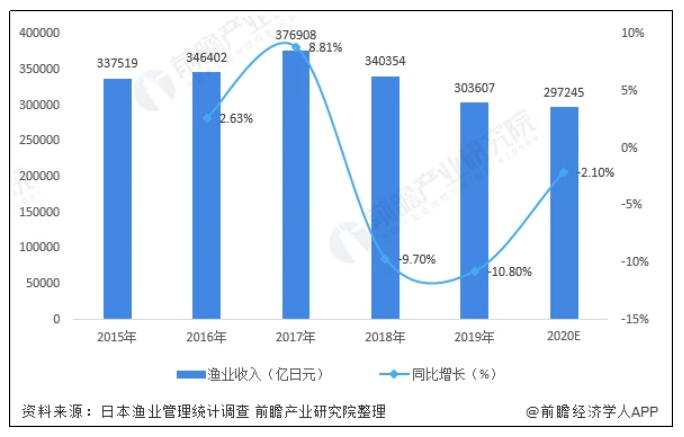
Figure 2 Statistics on the amount of income from fisheries in Japan, 2015-2020 (in thousands of yen, %)
It is thus clear that the impact on Japan's fishing industry after the Fukushima nuclear power plant leakage accident is enormous. The Fukushima nuclear contaminated wastewater also contains a variety of radioactive substances, and once discharged into the sea, it will again have a fatal impact on Japan's marine fisheries, marine product processing and related industries. According to the German Agency for Marine Scientific Research, the Fukushima coast has the strongest ocean currents in the world, and within 57 days from the date of discharge, radioactive substances will spread to most of the Pacific Ocean and 10 years later to global waters. Marine fishery products are globally recognized as healthy food, and if contaminated by Japan's nuclear contaminated wastewater, it will hit the global marine fishery resources hard, which can be disastrous for the global marine fishery and even more devastating for the marine fishery economy.
At present, many countries around the world are strongly opposing Japan's practice, and Japan itself has also triggered a protest march. I hope Japan will pay attention to these opposing voices and seriously examine the consequences caused by nuclear contaminated wastewater discharge to the sea, so as not to be bent on having the world pay for the Fukushima nuclear accident.
